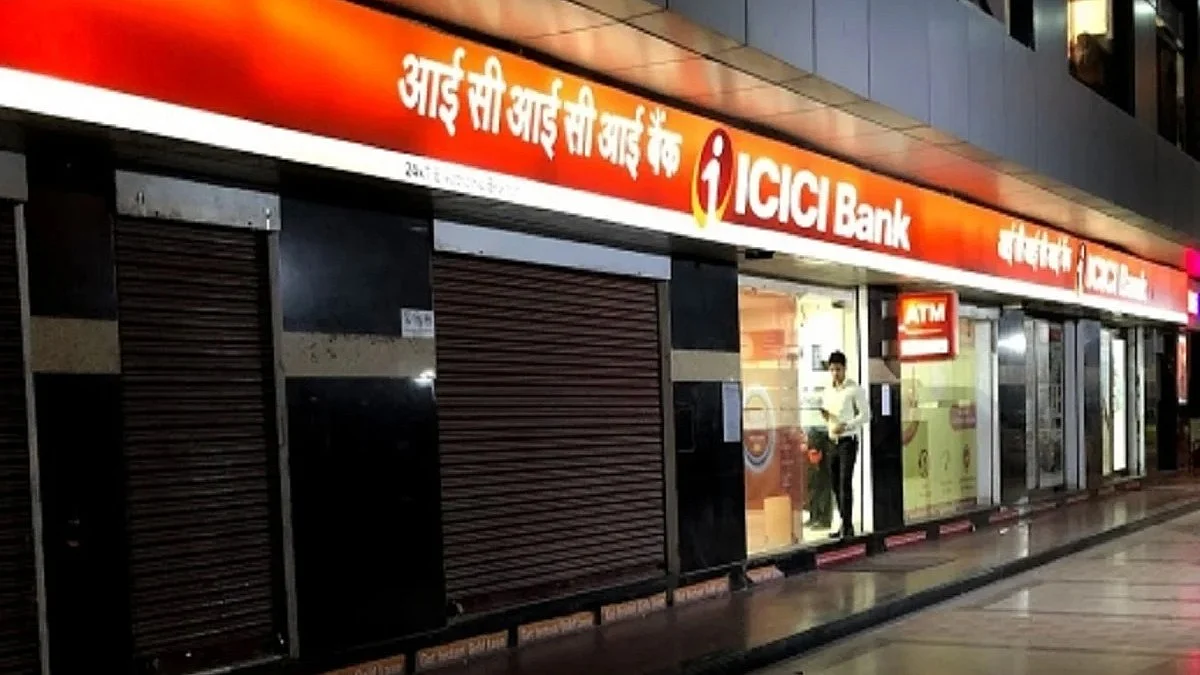ICICI Bank cuts minimum balance requirement after public outcry
The backlash against ICICI’s earlier decision was swift, with many customers taking to social media to voice concerns about affordability and fairness

ICICI Bank has scaled back its steep minimum average balance (MAB) requirements for new savings accounts, following sharp criticism from customers.
On Wednesday, the private sector lender reduced the MAB for new customers in metro and urban areas from Rs 50,000 to Rs 15,000 — a partial reversal of a controversial hike announced earlier this month. The decision comes just days after the bank, India’s second-largest by market capitalisation, had increased the threshold from Rs 10,000 to Rs 50,000 for accounts opened on or after 1 August in urban locations.
In semi-urban branches, the MAB has been cut to Rs 7,500 from Rs 25,000, while in rural areas it has been lowered to Rs 2,500 from Rs 10,000. ICICI Bank has reiterated that accounts falling short of the required balance will still attract penalties.
The earlier hike would have placed ICICI well above its peers. State Bank of India abolished its MAB rule entirely in 2020, while HDFC Bank — now the largest private lender following its merger with HDFC Ltd — currently requires Rs 10,000 in metros, Rs 5,000 in semi-urban areas, and Rs 2,500 in rural branches.
However, in a parallel move, HDFC Bank announced it will raise the MAB for new savings accounts in metro and urban areas to Rs 25,000 from 1 August 2025. Customers falling short will be charged 6 per cent of the deficit or Rs 600, whichever is lower.
Major lenders such as SBI, Punjab National Bank and Canara Bank have scrapped MAB requirements altogether, along with penalties for non-maintenance.
Reserve Bank of India governor Sanjay Malhotra has clarified that MAB limits are determined by individual banks and fall outside the central bank’s regulatory ambit. “Some banks have fixed this limit at Rs 10,000, some at Rs 2,000, and others have done away with it entirely,” he said.
The backlash against ICICI’s earlier decision was swift, with many customers taking to social media to voice concerns about affordability and fairness. While the revised limits are lower, they remain higher than those imposed by most major banks.
Follow us on: Facebook, Twitter, Google News, Instagram
Join our official telegram channel (@nationalherald) and stay updated with the latest headlines
